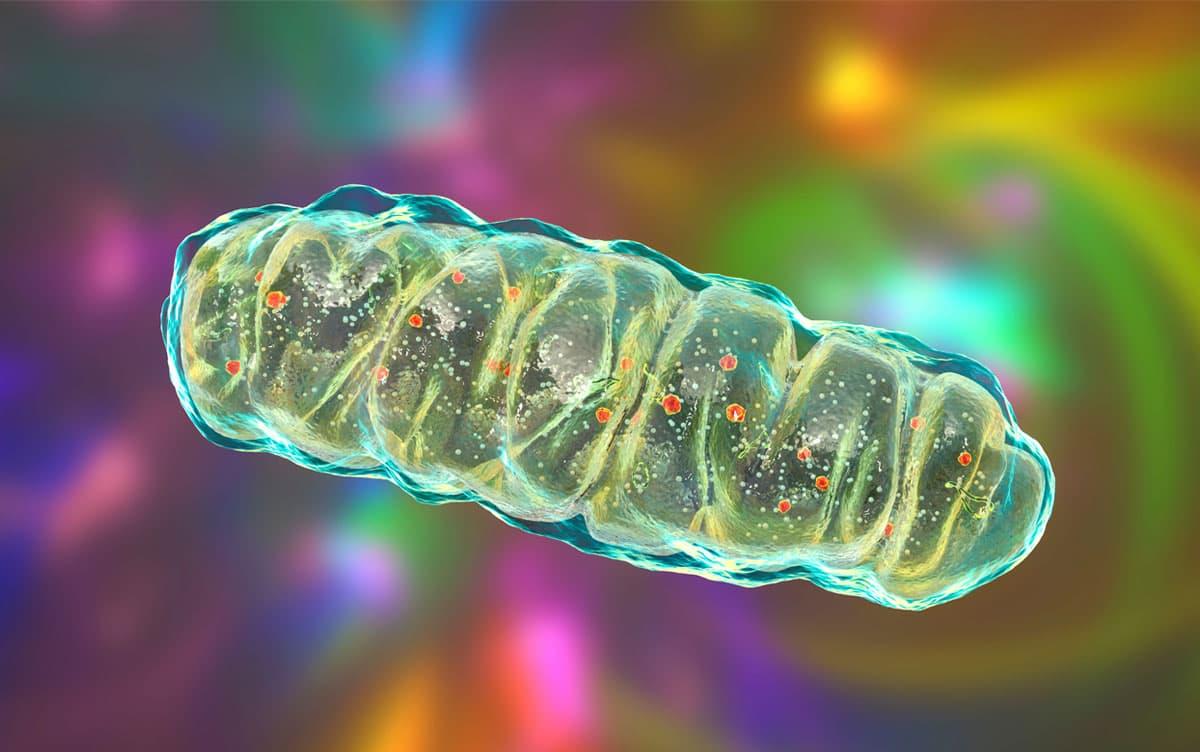Nathan Shock Center Cores Targeted DNA Methylation Mitochondrial Biology Diagrams Cells experiencing DNA replication stress enter mitosis with under-replicated DNA, which activates a repair mechanism known as mitotic DNA synthesis (MiDAS). Here we describe a protocol to identify at genome wide and at high resolution the genomic sites where MiDAS occurs in cells exposed to aphidicolin. Mitotic DNA synthesis (or abbreviated as MiDAS) may be one such mechanism, as it is strongly activated under replication stress ().This unusual timing of DNA synthesis is universally observed in a variety of mammalian cells after treatment with a low dose of aphidicolin (Aph), a replication inhibitor ().After pulse labeling with EdU (5-ethynyl-2′-deoxyuridine), punctuated sites of mitotic Interestingly, treatment of cells with aphidicolin leads not only to breaks and gaps on mitotic chromosomes, but also to foci of nascent DNA synthesis that decorate these chromosomes. 37 These

UDRs also have the potential to generate DNA bridges in anaphase cells or micronuclei in the daughter cells, which could promote genomic instability. To suppress such damaging changes to the genome, human cells have developed a strategy to conduct 'unscheduled' DNA synthesis in mitosis (termed MiDAS) that serves to rescue under-replicated loci. Aberrant replication causes cells lacking BRCA2 to enter mitosis with under-replicated DNA, which activates a repair mechanism known as mitotic DNA synthesis (MiDAS). Here, we identify genome-wide the sites where MiDAS reactions occur when BRCA2 is abrogated. High-resolution profiling revealed that …

Mitotic DNA synthesis is caused by transcription Biology Diagrams
Cells experiencing DNA replication stress may also exhibit mitotic DNA synthesis (MiDAS). To understand the physiological function of MiDAS and its relationship to CFSs, we mapped, at high resolution, the genomic sites of MiDAS in cells treated with the DNA polymerase inhibitor aphidicolin. Sites of MiDAS were evident as well-defined peaks that Bergoglio, V. et al. DNA synthesis by Pol eta promotes fragile site stability by preventing under-replicated DNA in mitosis. J. Cell Biol. 201 , 395-408 (2013).

To exclusively capture DNA synthesis in mitosis, we inhibited S/G2 replication with hydroxyurea, as previously described (Macheret et al., 2020). EdU-labeled DNA was isolated from mitotic "shake-off" cells and analyzed by high-throughput sequencing for high-resolution mapping of MiDAS sites genome-wide (Macheret et al., 2020). To examine the DNA polymerase(s) responsible for mitotic DNA synthesis, we released G2-arrested cells pre-treated with/without low-dose APH into mitosis in the presence of a high dose of APH (2 μM).
